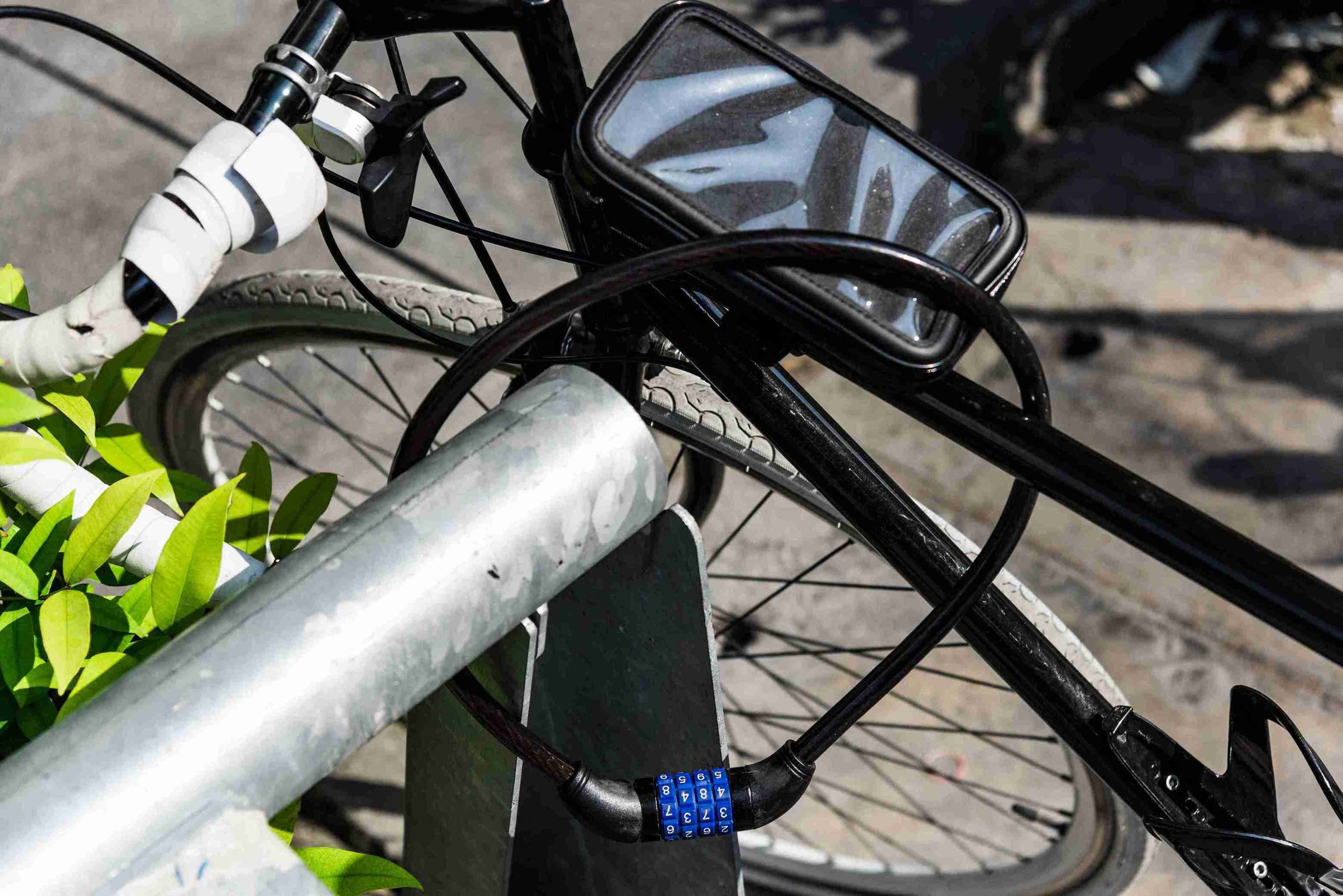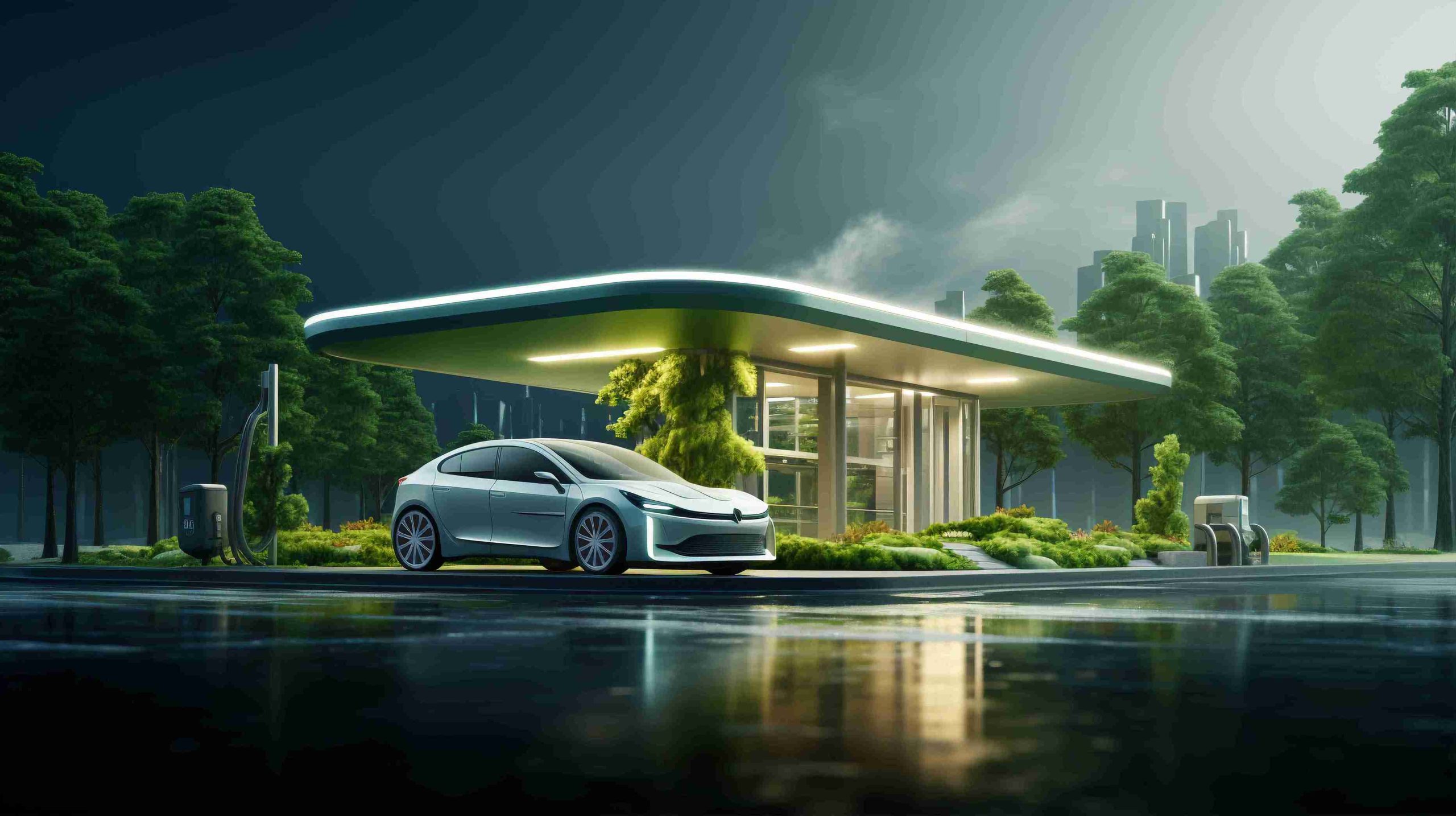Garden maintenance has always been about keeping nature in balance—trimming, pruning, removing, and reshaping what grows. But in modern landscaping, there’s an emerging challenge hidden in every well-manicured park, backyard, or urban green space: what do we do with the waste?
From branches and leaves to plastic flower pots and irrigation tubing, garden waste is more complex today than ever before. The good news? Advanced crushing technology is stepping in to offer smarter, cleaner, and more efficient solutions for managing it.
The Modern Garden Waste Problem
Traditional garden waste used to be simple: cuttings, leaves, and organic trimmings. But with the rise of synthetic gardening tools, plastic pots, and non-biodegradable ground covers, many green spaces now generate mixed waste streams that include:
- Tree branches and twigs
- Grass clippings and dead leaves
- Mulch bags and plastic packaging
- Polyethylene pots and plant trays
- Drip irrigation tubing (often PVC or PE)
- Woven plastic ground cover or netting
This mix of organic and plastic waste presents a challenge. While organic matter can often be composted, synthetic materials must be sorted and processed before they can be recycled or safely disposed of.
That’s where crushing and shredding technology comes into play.
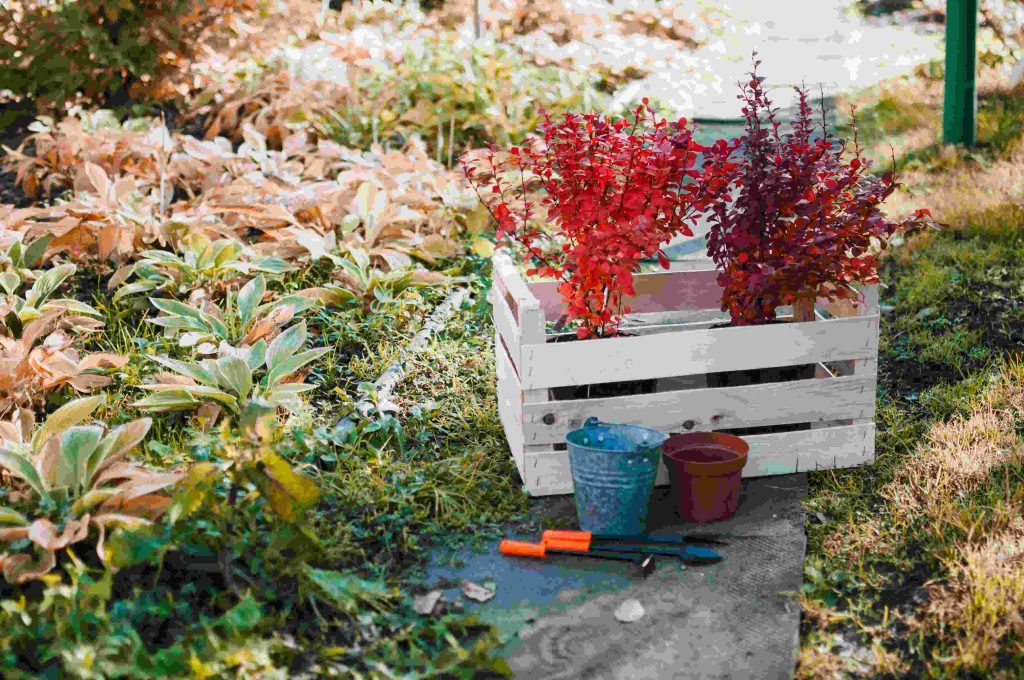
Why Crushing is Essential in Garden Waste Management
Crushing garden waste is not just about reducing size—it’s about transforming waste into a processable form. Here’s why it matters:
- Volume Reduction
Crushed branches and shredded pots take up far less space, making transport and storage easier and more cost-effective. - Preparation for Composting or Recycling
Smaller organic pieces decompose faster in composting systems. Meanwhile, shredded plastic can be sorted and sent to recycling lines. - Safety and Cleanliness
Crushing helps eliminate sharp or hazardous debris, especially when managing large volumes of dry, brittle branches or broken plastic. - Cleaner Landscapes
On-site crushing systems reduce the need for large waste piles and keep gardens and parks looking clean and professional.
The Technology Behind Garden Waste Crushers
Today’s garden and landscaping professionals use a variety of machines to manage waste. These range from small wood chippers to industrial-grade crushers capable of processing mixed waste.
For Organic Waste:
- Chippers and Mulchers break down branches and brush into chips or mulch.
- These machines typically use rotating blades or hammers to crush plant material.
For Synthetic Waste (e.g., plastic pots, trays, tubing):
- Plastic crushers and shredders are essential.
- These machines use hardened steel blades and torque control to safely break plastic down into flakes.
In large landscaping operations or municipal green waste centers, the best approach is often to segregate the organic and plastic waste streams, and then run each through appropriate crushing systems.
Crushing Plastic in Garden Waste: A Hidden Priority
Many people don’t realize just how much plastic gets thrown away in garden settings:
- Lightweight PE seedling trays
- ABS plastic watering systems
- PVC irrigation lines
- Woven plastic weed barriers
- Polypropylene plant pots
Unlike organic waste, these items cannot be composted. If landfilled, they may remain for decades. But when crushed and cleaned, these plastics become valuable recycling feedstock.
Crushing is the first step. Industrial plastic crushers, like those used in other sectors, are now being adapted for agriculture and landscaping applications. Equipped with:
- Adjustable blades for hard or flexible plastics
- Conveyor feeders and sorting units
- Optional metal detection for safety
these systems are helping gardening companies reduce landfill use and feed more plastic into circular recycling loops.
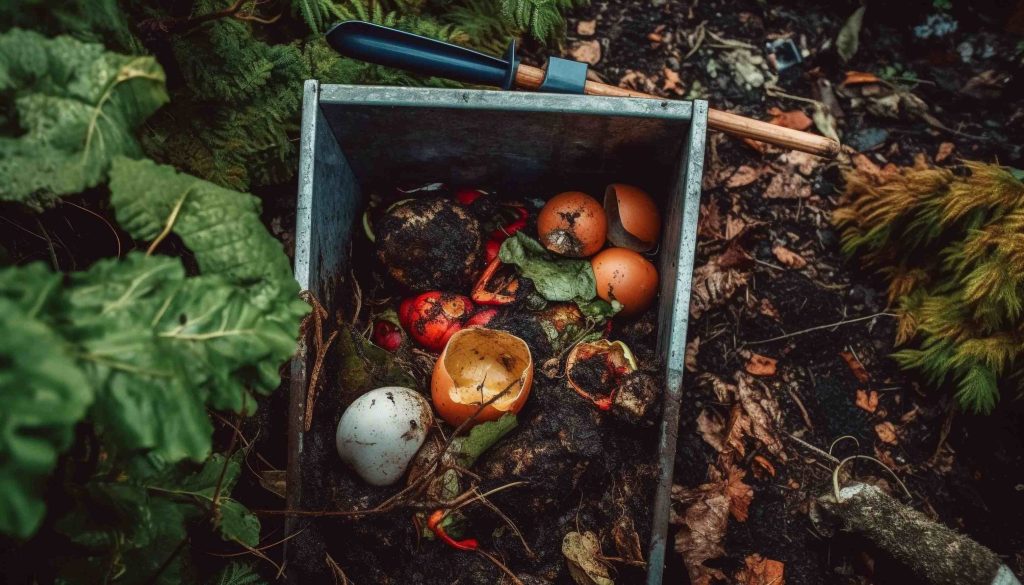
From Crushed to Composted: Closing the Organic Loop
After organic garden waste is crushed, it’s ideal for composting. Smaller pieces mean:
- Faster microbial breakdown
- Improved aeration and moisture retention
- Less odor and fewer pathogens
Many modern composting systems are now integrating pre-crushing stages that use rotary blade machines to reduce leaves, stems, and bark into fine particles.
The result? High-quality compost in half the time, which can then be returned to gardens, completing the natural cycle.
Modular Garden Waste Crushing Lines
Larger landscaping operations—such as botanical gardens, urban park authorities, or horticulture farms—are beginning to adopt modular waste crushing lines. These systems can be customized based on the waste stream, and often include:
- Feeding conveyors for bulk waste
- Crushing units (organic or plastic-specific)
- Magnetic separators for stray metal or staples
- Washing and drying units (especially for plastic recyclables)
- Output bins or balers for collection
Such systems reduce manual labor, improve throughput, and ensure better separation of recyclable and compostable waste.
This modular approach—already common in plastic manufacturing and recycling—is proving valuable in sustainable landscaping too.
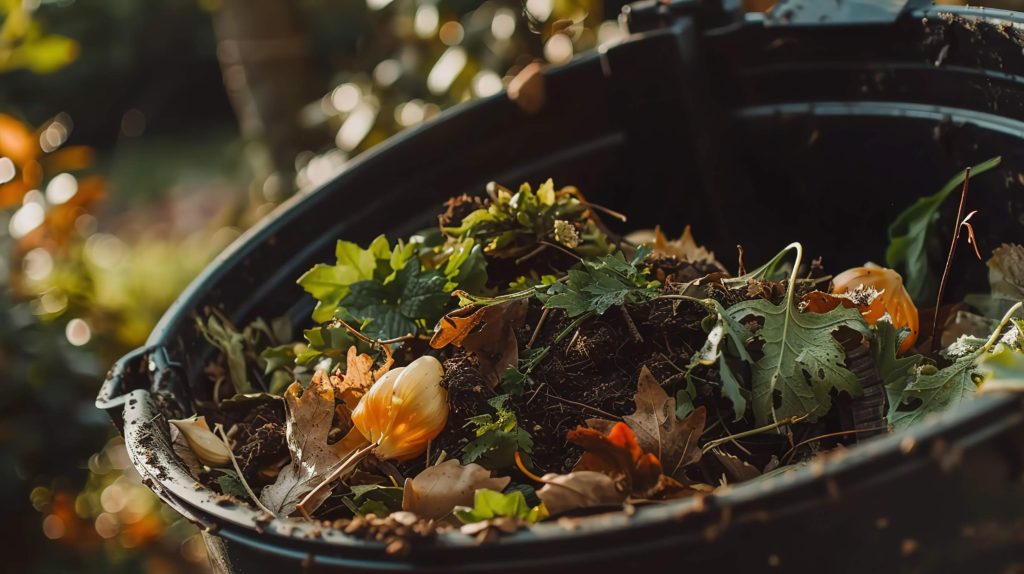
Sustainability in Landscaping Starts with Smarter Waste Management
As green spaces expand in cities and eco-tourism grows globally, the volume of garden waste is also increasing. Landfills are no longer an acceptable solution—especially for the synthetic portion of that waste.
By adopting smart crushing solutions, landscape professionals can:
- Lower hauling and disposal costs
- Reuse organic waste on-site as compost or mulch
- Redirect plastic waste into recycling lines
- Improve site cleanliness and aesthetics
- Comply with local green waste regulations
What was once a byproduct of maintenance becomes a valuable material stream, helping turn gardens into self-sustaining ecosystems.
Final Thoughts
Crushing garden waste may seem like a behind-the-scenes task, but it’s at the heart of responsible landscaping. Whether it’s a pile of branches from tree pruning or a stack of cracked seedling trays, every piece of waste has potential—if processed the right way.
With modern crushers tailored to both organic and synthetic garden waste, landscaping professionals can manage waste smarter, faster, and more sustainably than ever before.
So next time you’re admiring a clean, green park or a tidy urban garden, remember: behind every well-tended space is a system quietly at work—crushing, chipping, and clearing the way for nature to thrive.

